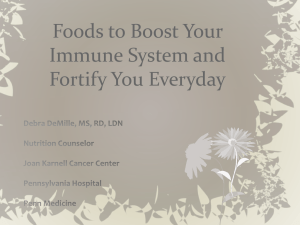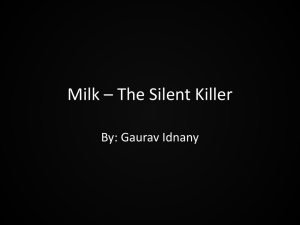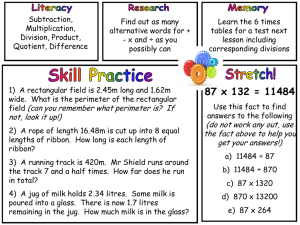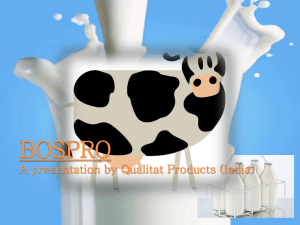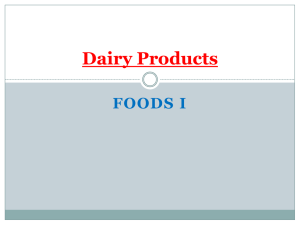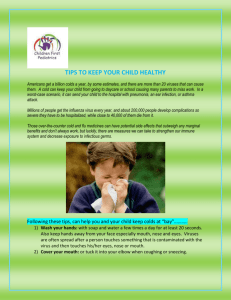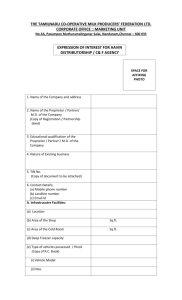our information sheet.
advertisement
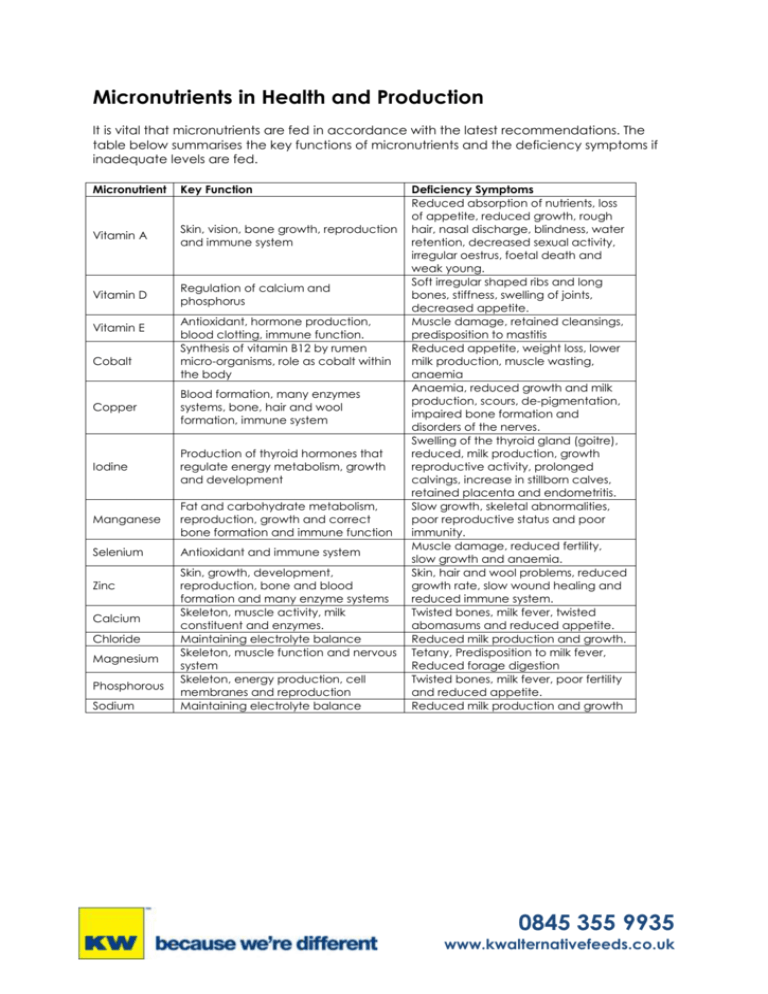
Micronutrients in Health and Production It is vital that micronutrients are fed in accordance with the latest recommendations. The table below summarises the key functions of micronutrients and the deficiency symptoms if inadequate levels are fed. Micronutrient Key Function Vitamin A Skin, vision, bone growth, reproduction and immune system Vitamin D Regulation of calcium and phosphorus Vitamin E Cobalt Antioxidant, hormone production, blood clotting, immune function. Synthesis of vitamin B12 by rumen micro-organisms, role as cobalt within the body Copper Blood formation, many enzymes systems, bone, hair and wool formation, immune system Iodine Production of thyroid hormones that regulate energy metabolism, growth and development Manganese Fat and carbohydrate metabolism, reproduction, growth and correct bone formation and immune function Selenium Antioxidant and immune system Zinc Calcium Chloride Magnesium Phosphorous Sodium Skin, growth, development, reproduction, bone and blood formation and many enzyme systems Skeleton, muscle activity, milk constituent and enzymes. Maintaining electrolyte balance Skeleton, muscle function and nervous system Skeleton, energy production, cell membranes and reproduction Maintaining electrolyte balance Deficiency Symptoms Reduced absorption of nutrients, loss of appetite, reduced growth, rough hair, nasal discharge, blindness, water retention, decreased sexual activity, irregular oestrus, foetal death and weak young. Soft irregular shaped ribs and long bones, stiffness, swelling of joints, decreased appetite. Muscle damage, retained cleansings, predisposition to mastitis Reduced appetite, weight loss, lower milk production, muscle wasting, anaemia Anaemia, reduced growth and milk production, scours, de-pigmentation, impaired bone formation and disorders of the nerves. Swelling of the thyroid gland (goitre), reduced, milk production, growth reproductive activity, prolonged calvings, increase in stillborn calves, retained placenta and endometritis. Slow growth, skeletal abnormalities, poor reproductive status and poor immunity. Muscle damage, reduced fertility, slow growth and anaemia. Skin, hair and wool problems, reduced growth rate, slow wound healing and reduced immune system. Twisted bones, milk fever, twisted abomasums and reduced appetite. Reduced milk production and growth. Tetany, Predisposition to milk fever, Reduced forage digestion Twisted bones, milk fever, poor fertility and reduced appetite. Reduced milk production and growth 0845 355 9935 www.kwalternativefeeds.co.uk


